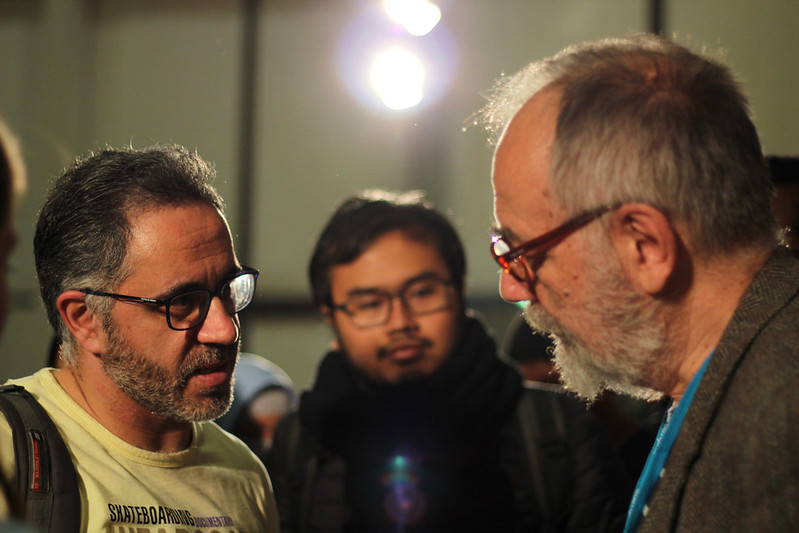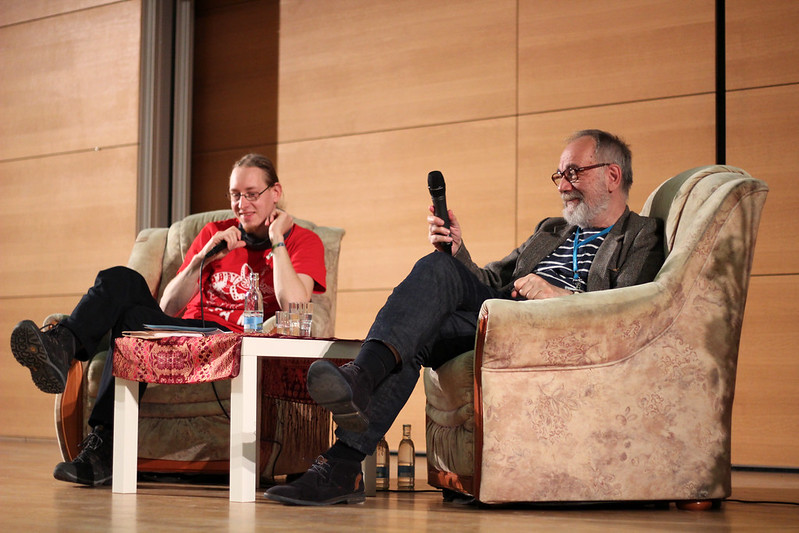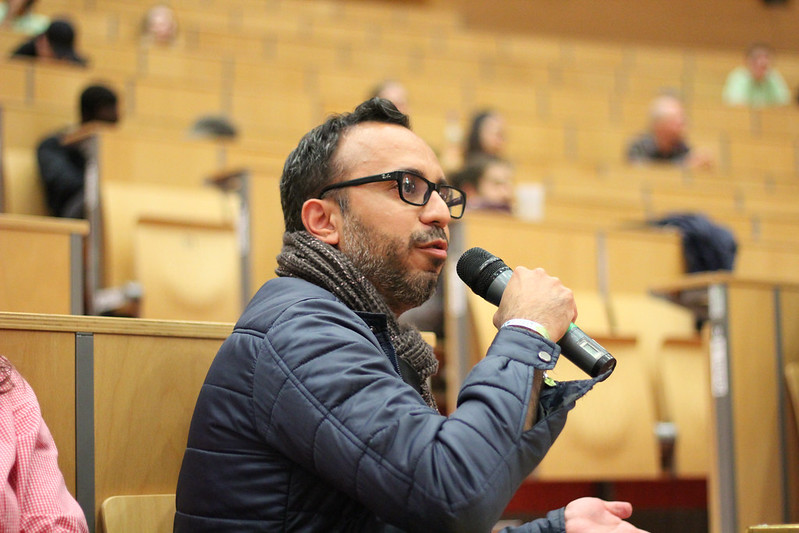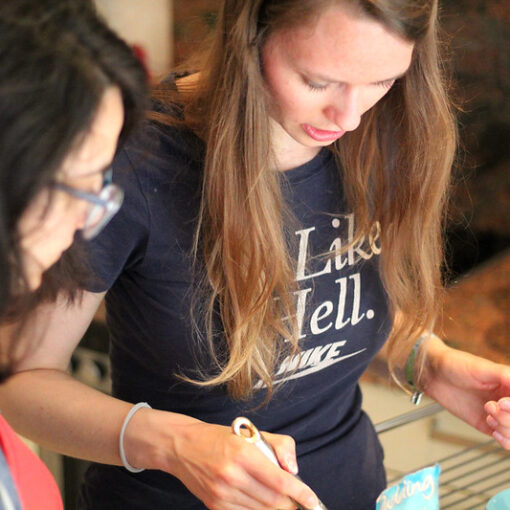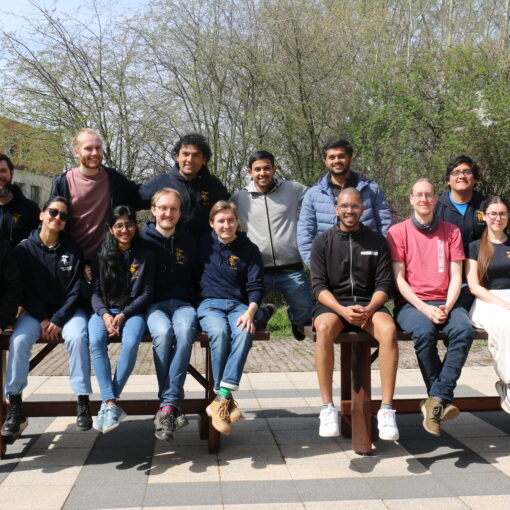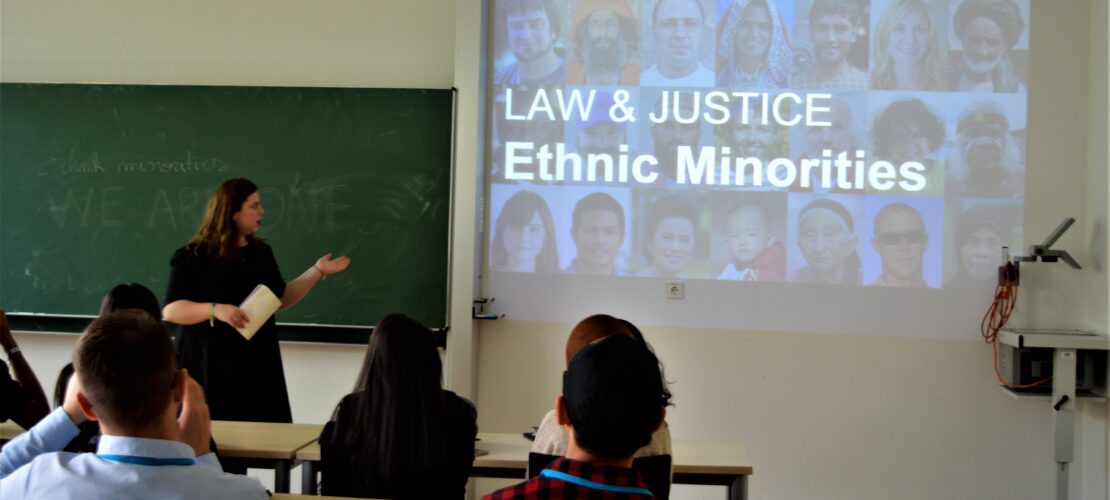
Panel discussion "Investigative Journalism"
- Sunday, 4th of June, 19:00 - 21:00
- Humboldtbau
Investigative Journalism is one of the most critical forms of journalism as it often uncovers our society’s social and political problems. Especially when fake news and information are spread widely over the internet and other mediums, it is important to have trustworthy investigative journalists that can find the truth. But often, this comes with a great sacrifice for them. In many countries, the press is the subject of oppression and censorship, especially if they want to uncover injustices in the political system. In other countries, they can work freely, but people with different opinions try to silence them with violence or death threats. At the same time, they have to deal with significant responsibilities as they have to deal with sources like whistleblowers whose identity needs to be protected. Every fact and piece of information in their work needs to be proofed, or else they could lose their trustworthiness. The same applies to the opinion of the journalist. They should write objective instead of subjective, but is something like this even possible? Isn’t the selection of the topic already a subjective decision? How can we make the job of investigative journalists safer? There are new ways, like digital investigative journalism. Is this a safer way of doing the job? What are the advantages and disadvantages of this new way? We want to invite different investigative journalists from around the world with different backgrounds. How do they work? What differences do they face in their work? What problems do they have to face? All those questions and many more will be discussed in the Panel Discussion “The Burden and Responsibility of investigative journalists.”
Keynotes and Discussions at Dies Academicus
- Wednesday, 7th of June, 09:00 - 12:00
- Humboldtbau
- Prof. Schmid from the University of Bamberg will talk about the possibilities and risks of artificial intelligence in education.
- Afterward, Daniel L. Chen from the University of Toulouse will discuss whether artificial intelligence could be of help to our judicial system, e.g. by being able to detect biases.
Fishbowl discussion on "How to build a civil society"
- Thursday, 8th of June, 16:30 - 18:30
- Humboldtbau
A fishbowl conference will be held to discuss civil society and its significance in social and political issues. The conference will focus on specific topics related to civil society and politics, including human rights, democracy, and social justice. This public discussion aims to encourage engagement and participation on these topics, with the audience playing a crucial role by engaging with the speakers and questioning the points being discussed. The event will occur in a circular setup, where both speakers and participants can feel comfortable sharing ideas with each other.
Keynote Lecture: Scientific Storytelling
- Friday, 9th of June, 10:00 - 12:00
- Humboldtbau
Science has the power to change the world, but for that to happen, it needs to be understood and embraced by people from all walks of life. The key to unlocking the wonder and excitement of science and sharing it with the world is Scientific storytelling.
Through the power of storytelling, scientific concepts can be brought to life in a way that engages people emotionally and intellectually. By weaving together facts, anecdotes, and creative visuals, scientific storytellers can create a compelling narrative that draws people in and helps them to understand the significance of scientific research.
But scientific storytelling isn’t just about entertainment – it’s about communication. It’s about making science accessible to everyone. It’s about breaking down barriers and making sure that the latest scientific discoveries are understood and appreciated by all.
During the Keynote lecture, paleontologist and science communicator Gabriel Philip Santos will talk about his experience sharing the wonders of science with the world. With a passion for scientific storytelling, Mr. Santos uses creative visuals and engaging narratives to bring scientific concepts to life and make them accessible to a broader audience.
As a keynote speaker at the Scientific Storytelling conference, Mr. Santos will share his insights and experiences on how to use storytelling to effectively communicate science and engage audiences. He will also teach the audience toys to rethink the way they use words and storytelling to connect better with audiences, broaden perspectives, and share science effectively.
